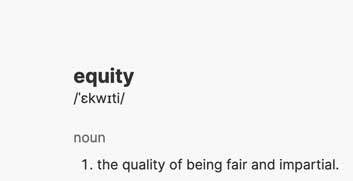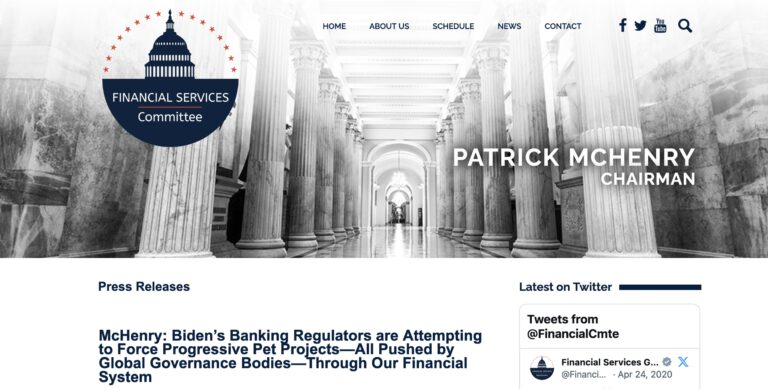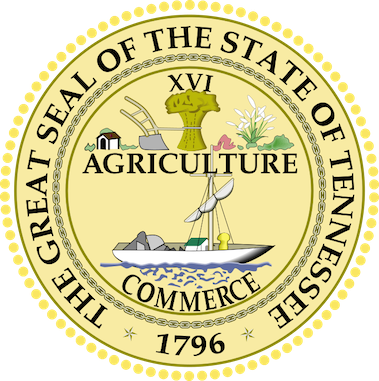This article is a repost. It was published by The Solari Report.
In this installment of the Reality Check Radio series, “Our Digital Future,” Alistair Harding speaks to Catherine about the unified ledger, programmability, and the possibility of central bank control over how we spend our money.
This interview provides a good summary of the current issues surrounding CBDCs. As Catherine notes, there is a world of difference between the “fluffy” language bankers use to market CBDCs and the actual intent—a total control system that amounts to slavery.
Listen here.
Related:








